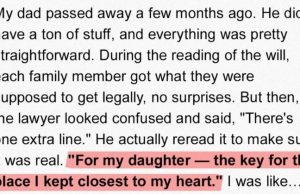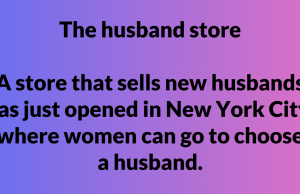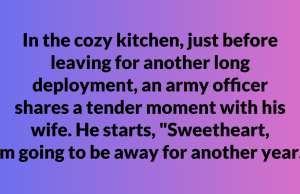
I believe in showing kindness and compassion to colleagues, but not when it leads to being taken for granted.
Unfortunately, that’s exactly what happened when one of my teammates announced her pregnancy. Almost overnight, our entire office dynamic shifted. Everyone began treating her with kid gloves, giving her special privileges. I’m still wondering — did I really do something wrong?
Hi, let me start by saying: I understand pregnancy can be incredibly difficult. And honestly, when I first heard the news, I was genuinely thrilled for her. I even went out of my way to help — I picked up her lunch when she felt nauseous, grabbed her documents from the printer, and even covered some meetings when she wasn’t feeling up to it.
I thought I was just doing what any decent coworker would do, helping someone through a tough patch. I assumed it was temporary and that things would level out again.
But that’s not what happened.

Soon, she began forwarding her daily tasks to me with cheerful little notes like, “Can you handle this today? Baby brain’s acting up!” At first, I laughed it off, assuming she was just having a rough day. But the “baby brain” excuse became a near-daily thing.
Eventually, I gently told her I couldn’t keep taking on her workload. She just chuckled and said, “You’ll get it when you’re pregnant.” I was stunned — not only was she ignoring my boundary, but she also dismissed my concerns entirely.
I let it go, but things escalated.
One morning, I walked into the office and stopped in my tracks. She was sitting at my desk. Without even looking embarrassed, she said, “Sorry, I needed more space. This spot is closer to the window, and I feel less nauseous here.” It was like my personal workspace had become hers — no warning, no discussion.
I’d had enough. After she left for lunch, I walked over to the desk and left a sticky note on her keyboard that said, “Can we talk after work? This really isn’t okay.”
She never met me.
Instead, she went straight to management and reported me for being “passive-aggressive.” That note — a simple request to have a conversation — somehow made her feel “unsafe.”
At this point, I wasn’t angry, just baffled. Of course, I don’t lack empathy. But there’s a difference between offering help and being manipulated. What she was doing wasn’t about pregnancy anymore — it was about crossing boundaries and expecting immunity from consequences.
Later that week, I was called into a meeting with HR, and she was there too. I expected a balanced conversation. Instead, HR told me my “tone” had made her uncomfortable, and the note I left was labeled as “unprofessional.” I was advised to be “more empathetic during such a delicate phase in a woman’s life.”

I sat there speechless. Was I in the wrong for trying to set limits?
When I returned to my desk—or rather, the new desk I’d been moved to “for now” — I noticed something worse than just being displaced. My coworkers had started pulling away from me. People I used to eat lunch with avoided eye contact. One whispered to me, “You probably shouldn’t have upset her. She’s pregnant, you know.”
Just like that, I was labeled the villain — all because I didn’t want to keep doing someone else’s job.
Now, I’m being asked to apologize. And the truth is, I don’t know if I’m actually wrong. I never refused to help — I just didn’t want to be treated like an unpaid assistant. Is that so unreasonable?
This situation isn’t just about desks or task lists. It’s about respecting professional boundaries and treating all employees with fairness, regardless of personal circumstances.
So, readers, I ask you honestly: does standing up for yourself automatically make you the bad guy?


















